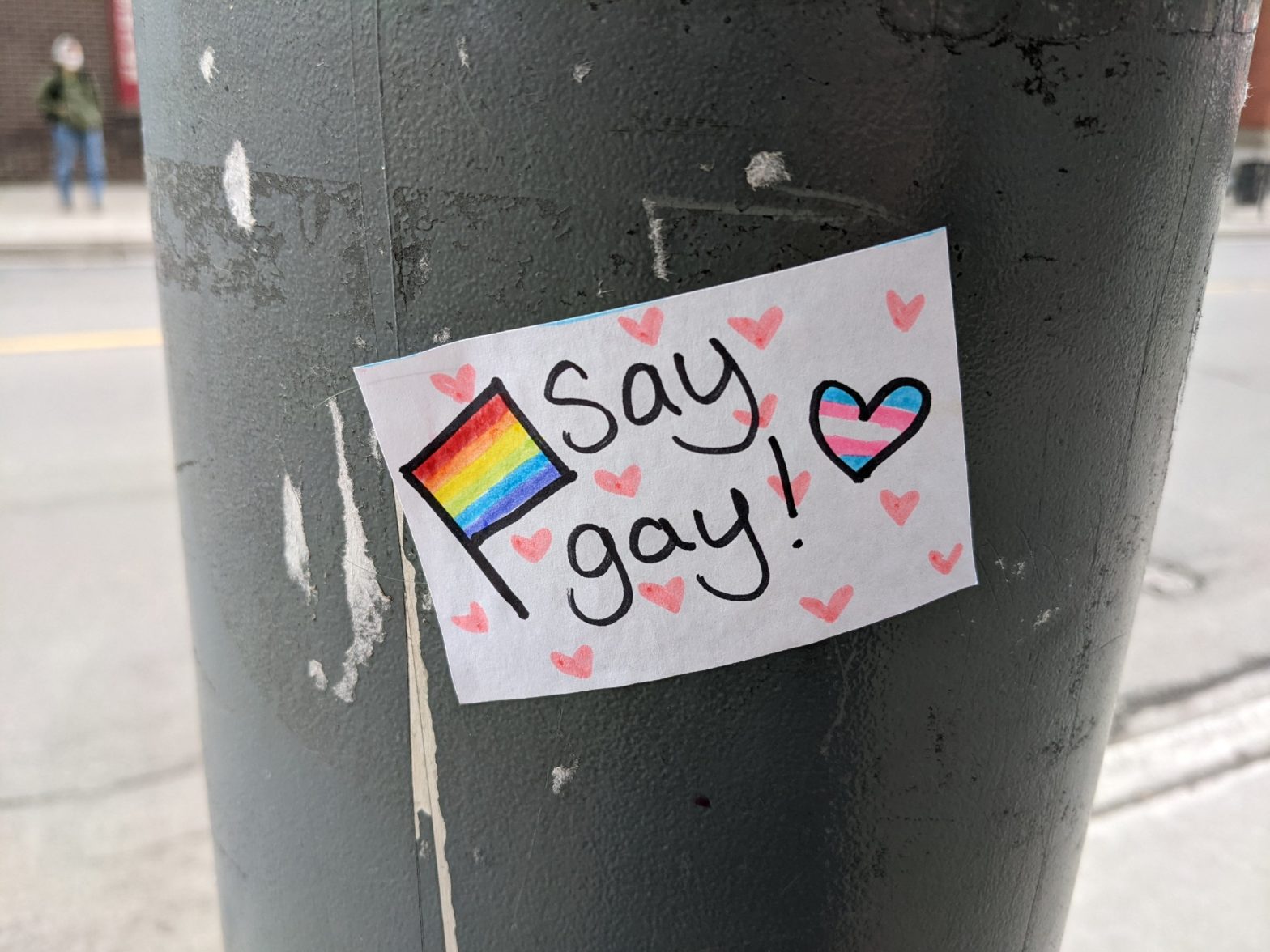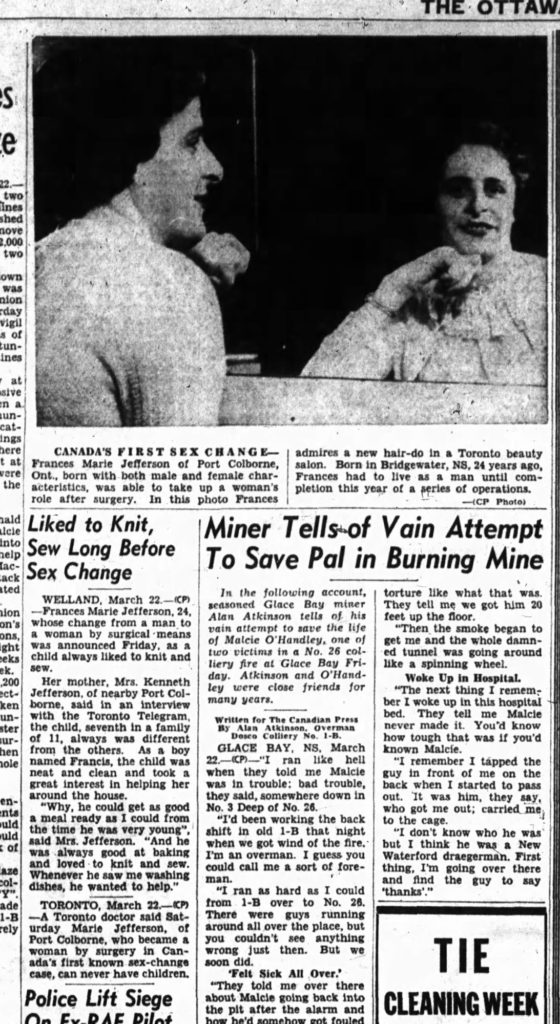Work hosted a lovely workshop on pronouns and trans 101. It was well attended, everyone was doing their best, the presenter was qualified, yet I couldn’t shake my internal skepticism. That I felt this way really bothered me; why couldn’t I just appreciate this?
I think my apprehension wasn’t to do with the presentation at all, but a larger question that has kept coming up as acceptance has made unprecedented inroads: are people nice now because they’re questioned the foundational beliefs that led them to mistreat others in the first place? Or have they not done this work, and this newfound kindness because they personally benefit by tapping into this trendy thing?
Because with the latter, they’re not going to stand up to adversity when there’s repercussions; which would be precisely when their support actually matters. I also don’t consider rhetoric around inclusion laudable if the speakers are going to be just as exclusive to other groups that don’t enjoy the social capital that being trans-inclusive confers in some circles. Substituting tranny jokes for mocking people based off of looks isn’t progress.
I keep seeing this shallow acceptance play out. So as I watch colleagues navigate this topic, I just can’t help but wonder how authentic of a change will be for them, especially those drawn to spotlights.




